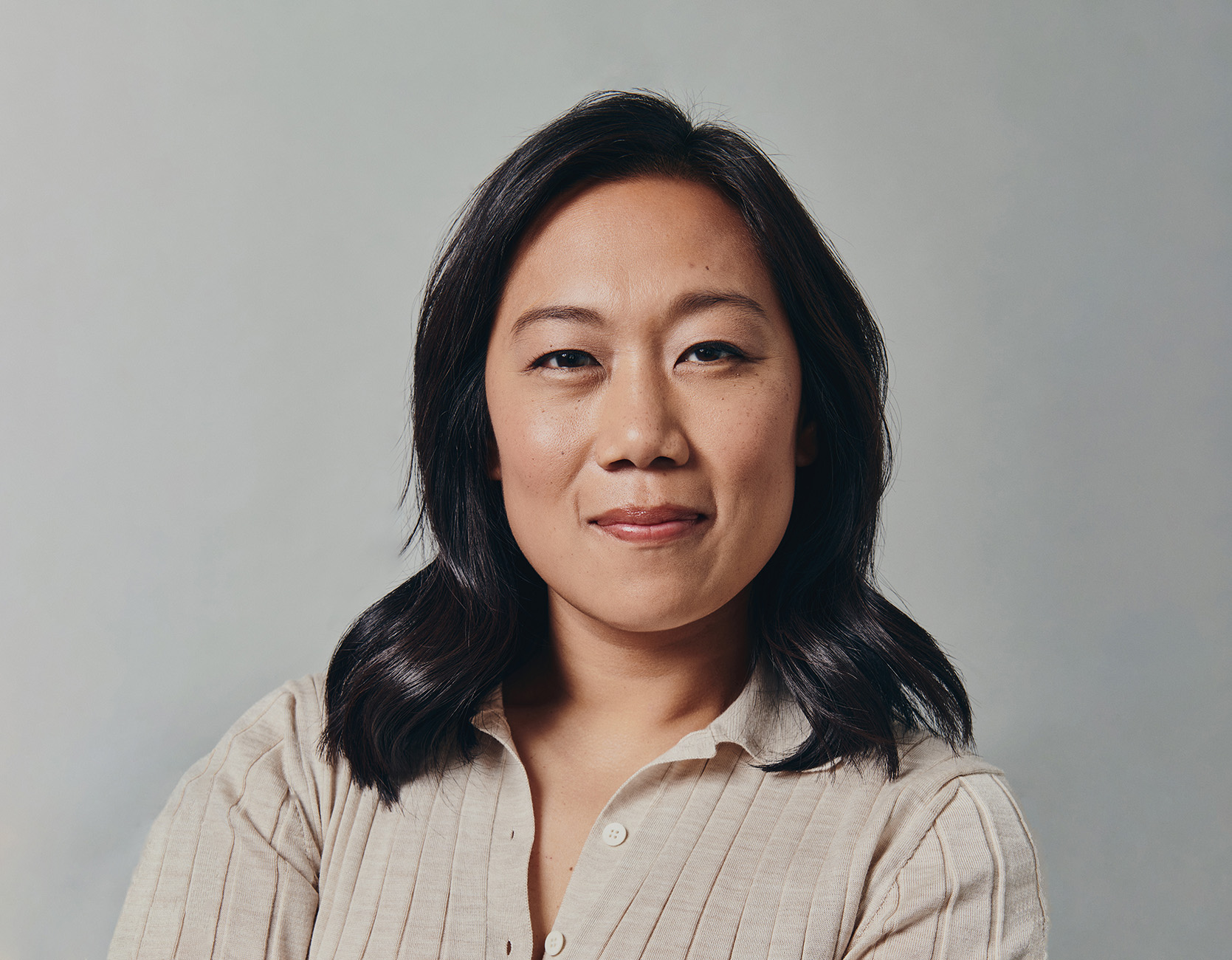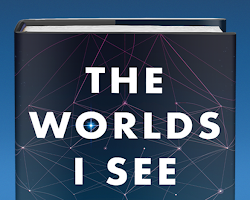Great conference moderated by Oxman follows fortnight of great AI briefings in Washington DC with world bank leader Banga and Stanford Policy AI revolutionaries Condoleezza Rice & Fei_Fei Li
https://www.theintersect.tech/2024/agenda https://www.youtube.com/watch?v=5URzayr8wok
Jason
Oxman, President and CEO, ITI
1:05 PM
A Path Forward for American
Cybersecurity Speakers:
National Cyber Harry Coker, United States
National Cyber Director Active Agenda
1:20 PM
How Smart Policy Can Drive
Competitiveness and Innovation
David Zapolsky, Senior Vice President,
Global Public Policy and General Counsel, Amazon
Jason Oxman, CEO, ITI
1:40 PM
Power and Promise: Emerging
Technologies
U.S. Congresswoman Zoe Lofgren, Ranking
Member, House Committee on Science, Space, and Technology
Courtney Lang, Vice
President, Policy, Trust, Data, and Technology, ITI
1:55 PM
Views from The Administration: Implementing the Biden AI
Executive Order
Speakers:
Helena
Fu, Director, Office of Critical and Emerging Technology, U.S. Department of
Energy
Brian
Peretti, Deputy Chief AI Officer and Director, Domestic and International Cyber
Policy, U.S. Department of the Treasury
Brian
Reed, Deputy Chief Technology Officer, Federal Bureau of Investigation
Gordon Bitko, Executive
Vice President for Policy, ITI
2:15 PM
Innovation in America’s Heartland
Senator Marsh Blackburn (R-TN)
Rob Strayer, Executive
Vice President for Policy, ITI
2:30 PM
Introduction: FCC Commissioner Anna Gomez
Speakers: Waldo
McMillan, Vice President, The Americas, Government Affairs, Cisco
2:35 PM
Bridging Divides and Building
Trust: The State of U.S. Telecommunications
Jason Oxman, President and
CEO, ITI
Clara Shih, CEO, Salesforce
AI
Ryan Heath, Global
Technology Correspondent, Axios
3:10 PM
The Tech Workforce of Today and
Tomorrow
Speakers: Tracy Owens, Director, U.S. Public
Affairs, Sage
3:15 PM
Future-Proofing American
Communities
Mayor Stephen Benjamin, Senior Advisor to
the President and Director of Public Engagement, The White House
Jason Oxman, President and
CEO, ITI
3:30 PM
Introduction: NTIA Administrator Alan Davidson
Speakers: Nate
Tibbits, ITI Board Member and Senior Vice President of Global Government
Affairs, Qualcomm
3:35 PM
Alan Davidson, Assistant Secretary of
Commerce for Communications and Information and NTIA Administrator
Jason Oxman, President
& CEO, ITI
3:50 PM
Next Generation Threats, Next Generation Protection: AI,
Cybersecurity, and Critical Infrastructure
Speakers:
Anne
Neuberger, Deputy Assistant to the President and Deputy National Security
Advisor, Cyber and Emerging Tech at the National Security Council, The White
House
Barbara Humpton, President
and CEO, Siemens USA
4:10 PM
Closing Thoughts
Speakers:
Ashley
Berrang, Executive Vice President for Public Affairs, ITI











